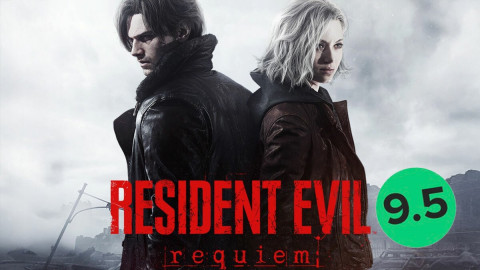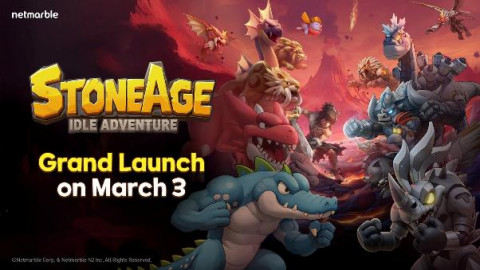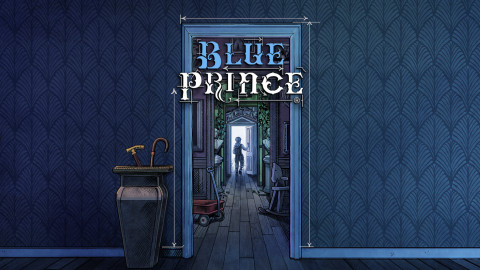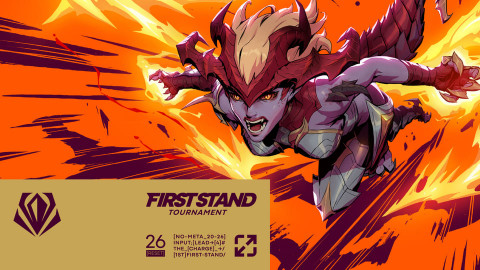
Gen.G is serious about esports education. A year ago, Inven visited Gen.G’s esports education institution: Gen.G Elite Esports Academy (GEEA). GEEA was established back in 2019 and was in its second semester. The students had a high level of satisfaction and it was clear that Gen.G had much passion for esports education.
GEEA wanted to train “esports leaders”. Making pro gamers wasn’t the only goal. The students were educated in several areas so that they could move forward to become a member of the esports scene or go to college.
When we visited GEEA again just last month, it had gotten much bigger. Within a larger “Gen.G Global Academy” (GGA), GEEA had added a new afterschool and had built a new facility, exclusively for GGA. They were actively adding new technologies and programs to make education more efficient, too.
In an interview with Joseph Baek, the Executive Director for Education Initiatives at Gen.G Esports, we spoke about what the club was seeking in this esports education venture.
It’s been one year since we interviewed you last, and now there’s an exclusive new building.
You’re in the GGA building now. This place prioritizes education before training. As you can see, each floor is focused on education, having blackboards or touchscreen monitors.
The GEEA spring semester started recently. It would be different because of COVID-19.
More than anything, the safety of the students is the most important, so we’ve been following the government’s guidelines closely. We only had online lectures until a few weeks ago and just recently started offline lectures again. We make sure the students keep their distance from each other and emphasize the importance of washing their hands frequently. The building is sterilized every day as well and we keep a record of the body temperature of whoever enters the building.
On the third floor, there used to be more than 30 computers installed, but we reduced their number so that students would have more room. Also, although the students attend offline, some lectures are still online, so that we can operate as safely as possible.
Additionally, we’re developing our own learning management system. We’re working on this with the development team in Shanghai, having online meetings every day. I’d like to say that we’re doing our best so that the students can be educated comfortably even at home as well.
Did the curriculum change a lot too?
There was a big change in the curriculum and some things were improved. Before COVID-19 hit, we thought it’s best if the students talk directly to the coaches to communicate and learn. But after we transitioned to an online system, we felt that “blended learning” — which includes both online and offline education using our learning management system — is very effective.
In the past, we thought GGA’s unique curriculum is our strength and we believed that if the curriculum is formed properly, we would be able to provide decent education regardless of who’s teaching. But now, that has changed a bit. We thought we needed to change faster and be more innovative, so we wanted to change the system itself. Now, we’re trying to provide the best education through a good mix with the coaching staff, online education system, and curriculum.

In our interview last year, you said that you wanted to focus on the educational part. Listening to you now, it seems you’re going in that exact direction.
We’re still concentrating on education. Not only within GGA, but we also emphasize the importance of education within Gen.G. We’ve been focusing on education in all Gen.G’s branches: in Korea, China, and America. For example, in the US, we’ve established partnerships with several colleges and made scholarship programs. In China, we made a lot of content and are preparing things like winter camp.
GGA is in its third year now. How are the results?
It’s been about 18 months since GGA was established. About 10 students have joined a pro team or an academy team. Most of them are still in academy teams, but I think it’s a great outcome already. Two of the students will work in the streaming/content creating area. Another two will be going to college this fall, and about 8-10 students will go to college next year.
The greatest fruit is that the students who didn’t have good grades or didn’t have pro-level gaming abilities, all changed through GGA, and found a new future using their talents. Students are improving and getting offers from teams, raising their grades to go to college — all of this is great fruition for us.
You now have an Afterschool program. What is it?
Although the name is “Afterschool”, the purpose isn’t limited to after-school study. It’s a program for those who don’t attend GEEA but are interested in esports, to teach them about esports and help them.
We have several classes. One is called Membership Club. It’s for students who want to improve their gaming abilities to become a pro gamer or go to college as a player. A theory course is included in this class, which literally teaches the students gaming theories. There’s also a general class where students can learn general knowledge of the scene.
In general, the Afterschool program is very results-oriented. It’s a program to produce visible outcomes. There are many other esports academies. They advertise saying that they can make their students into pro gamers. Our goal is to make visible improvements for the students that participate in the Afterschool program.
So to sum up, the Membership Club is for gaming and the general class focuses on the esports industry?
That’s correct. To explain a bit more, the Membership Club has a hybrid operation. During the week, they learn about the theory, and they apply what they learned on the weekend.
In the regular course, we teach them general knowledge of the industry. As much as Gen.G is a very big esports corporation, we believe we could provide more things to the students in this regard. The students could learn more about the esports environment and can learn what would change in the future. The range of the students’ ages is quite big for this course. The oldest student is in his fifties and is the CEO of his own company.
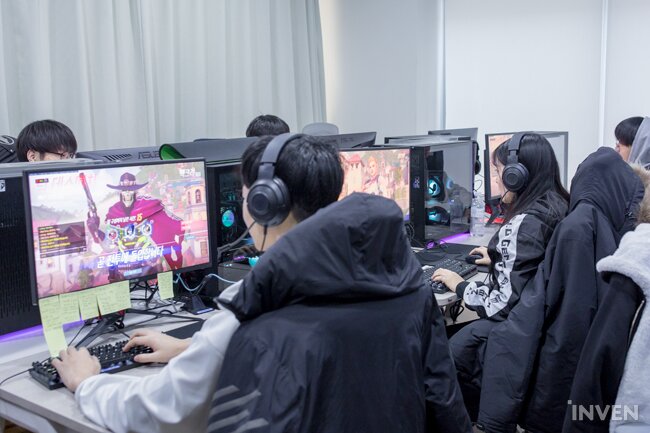
We heard that there will be a STEM course and a certification course added in the future.
Whenever there’s a chance to expand in education, we try to grab that chance. First, STEM. Frankly, we’re not experts in STEM, so we collaborate with several organizations. We utilize STMP with several educating organizations like Yonsei University or Seoul Foreign School to develop esports more strategically.
Second, I could say that the certification course is a part of the industry theory course. We made this course so that we could pass on the knowledge that the students can actually use in the future. We’re trying to provide a decent course so that the students who took this course would feel that they learned a lot. Also, we’ll be giving a three-month internship chance to two of the students every semester.
To whom should we recommend the Afterschool course?
GEEA is a program made to support the students who are interested in esports to become pro gamers or go to college and create their futures. On the other hand, Afterschool is made for anyone who’s interested in esports.
I originally was in the education industry, so there were things that confused me when I first came to esports. But after time passed, I was able to realize the real value esports has. The esports industry is large already, but much more synergy can be achieved in collaboration with other industries. So we wanted to provide more people a chance to learn that value.
Also, gaming is attracting a lot of attention in the US. The employees of many companies, like NASA, enjoy gaming with colleagues to socialize. We thought this could blend well with STEM. Esports is attracting more and more attention in Korea as well, but it hasn’t been growing that fast, so we wanted to accelerate that too. Afterschool would be a process for those things.
There’s only LoL and Overwatch in GEEA at the moment. Are you planning to expand titles as the program gets bigger?
The results are very important in the case of GEEA. There must be some return from what the students learned. Once again, the goal for GEEA is to help the students become pro gamers or go to college through what they learned. That’s why we decided it would be best to run the program with only LoL and Overwatch. On the other hand, we have more titles like PUBG or Valorant in Afterschool.
Currently, there are many people who are worried about the future of Overwatch, but there are still chances through Overwatch in the US and it’s continuing to grow. In that matter, I think the Overwatch students would have many chances to go to US colleges.

You also made a new program called GGA one-day trial.
The GGA one-day trial is a program to show what students would do if they were to become a student of GGA. It’s run in two parts. One is a program that is focused on scrims and another is providing game theories and reviews through VODs. We’re also trying to provide a chance for the students to meet Gen.G players or streamers. We wanted to show esports education and pro gamers’ lives are different from what people mostly think.
It hasn’t been long since we’ve launched this program, but those who participated often said that they took much more than expected through this program. They were able to learn more about gaming. But more than that, they emphasized that their general perspective toward gaming or the way of reviewing their own plays changed a lot. I think it’s a chance to show what’s special about GGA.
We first started the GGA one-day trial hoping that more students would apply for GGA, but we also wanted to make a standard of the direction that esports education should go. We also hoped that this would also help other esports educations feel more responsible.
Up to now, there were two GGA one-day trials. I’m not that good of a gamer, but I feel there’s a lot to learn just by watching others play games from the side.
Then which does the one-day trial target, GEEA or Afterschool?
It’s not a program designed to target one of those specifically, but if I had to pick, I would say it tilts towards Afterschool. However, it first started hoping more students could experience GGA itself. For example, students could start Afterschool after they enjoyed the one-day trial. That could lead to their registration in GEEA. Ultimately, we want to promote esports education.
How is the schedule of the GGA one-day trial?
As I said earlier, the one-day trial consists of scrims, theory, and VOD review programs.
When students send us videos of their own gameplay, our coaching staff edits the video with the parts that they think are important. Then, we have a theory class communicating with the students through Zoom meetings and then we give individual feedback while watching the edited video. The last part is a Q&A session so that the students can ask questions freely.
It might not be that clear if I just explain this, and you may not realize why this is so important and valuable, but if you experience it yourself, you would realize why this program is so special and valuable.

Over the year, it seems that GGA grew a lot and added several programs. Did the goal or vision change?
The vision itself didn’t change much. As it always has been, our vision is to train students who have a passion for esports, to help those students succeed through their passion, and ultimately, become leaders in the industry.
In the past, the Gen.G organization just recognized the importance of esports education and supported it, but now, it has become more like the organization itself. We’ve even set our slogan as “All-in”. We also consider educational initiatives very important when we sign new players or streamers as well. I think our movement like this is innovative and would change the whole industry.
You can find out more about Gen.G Academy and register here!
Sort by:
Comments :0



